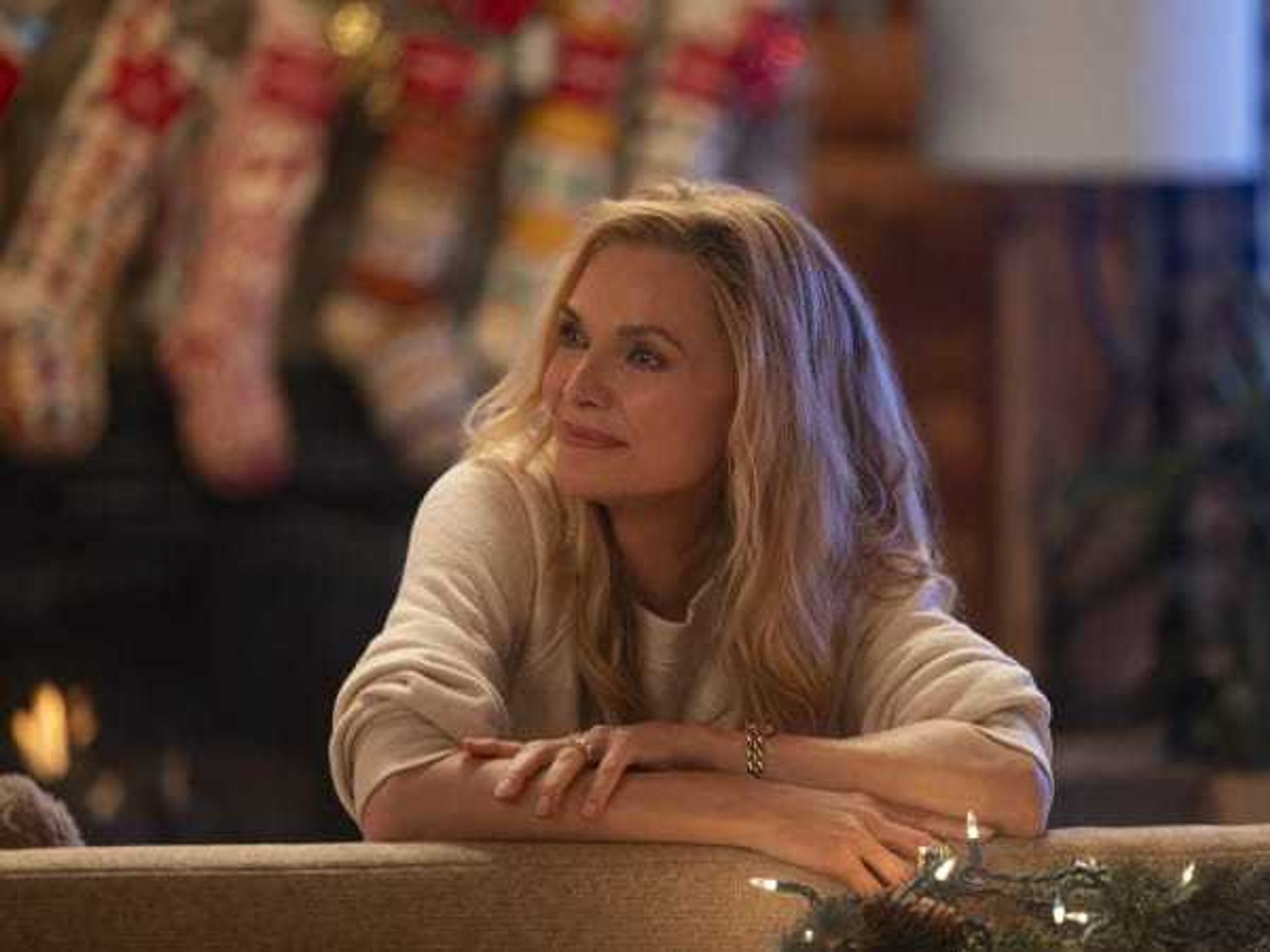Houston premiere at HCC
A river to an environmental backbone: Living with the Trinity shows how canalfight changed everything
 The Trinity River has caused its share of problems over the years.
The Trinity River has caused its share of problems over the years. There is also plenty of beauty along the Trinity River.
There is also plenty of beauty along the Trinity River.
Back in the early 1970s, key Texas powerbrokers came up with a plan to transform the entire length of the Trinity River into a barge canal linking Dallas and Fort Worth to the Gulf of Mexico. In the history of bad ideas, this one ranks right up there with New Coke and the Ford Edsel.
But as filmmaker Rob Tranchin vividly recalls in Living with the Trinity — a documentary that will have its Houston premiere Saturday night at Houston Community College Spring Branch Campus — something good happened as a result of the controversy sparked by the proposal: Grassroots opposition to the plan — which, not incidentally, would have involved construction of a dam at the mouth of the river near Houston — brought together a disparate group of concerned citizens, and signaled a new era in environmental politics.
“The most powerful people in Texas wanted the project to succeed,” Tranchin says. “Why they wanted the canal and how they were defeated constitute an amazing chapter in Texas environmental history.”
Produced by Dallas PBS station KERA, Living with the Trinity will be presented in the Performing Arts Center at HCC Spring Branch by the RealFilms series of the Documentary Alliance. Showtime is 8 p.m. Rob Tranchin will be on hand for a 7 -8 p.m. pre-screening reception, and plans to stick around for a 9 -9:30 p.m. post-screening question and answer session.
Tickets are $10 for general admission and $5 for HCC students with proper ID.
